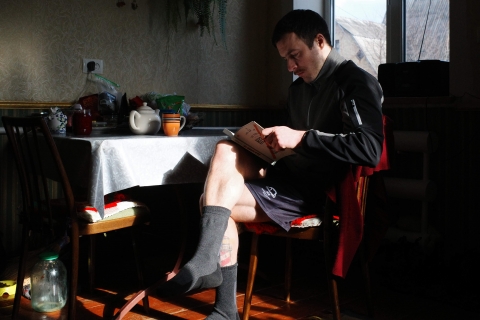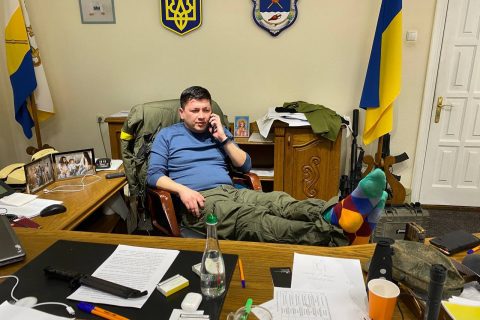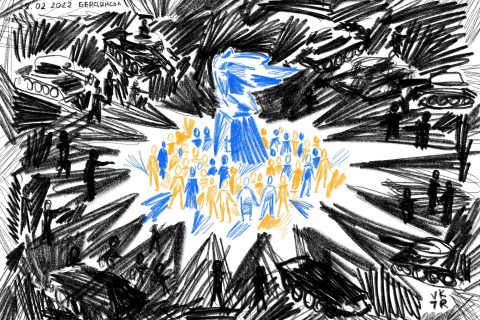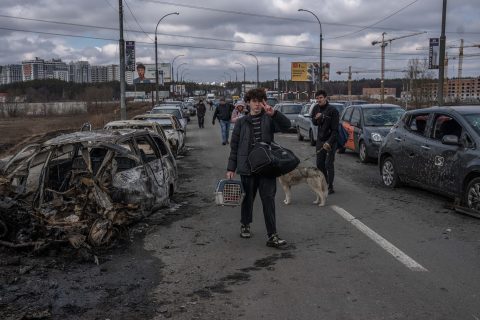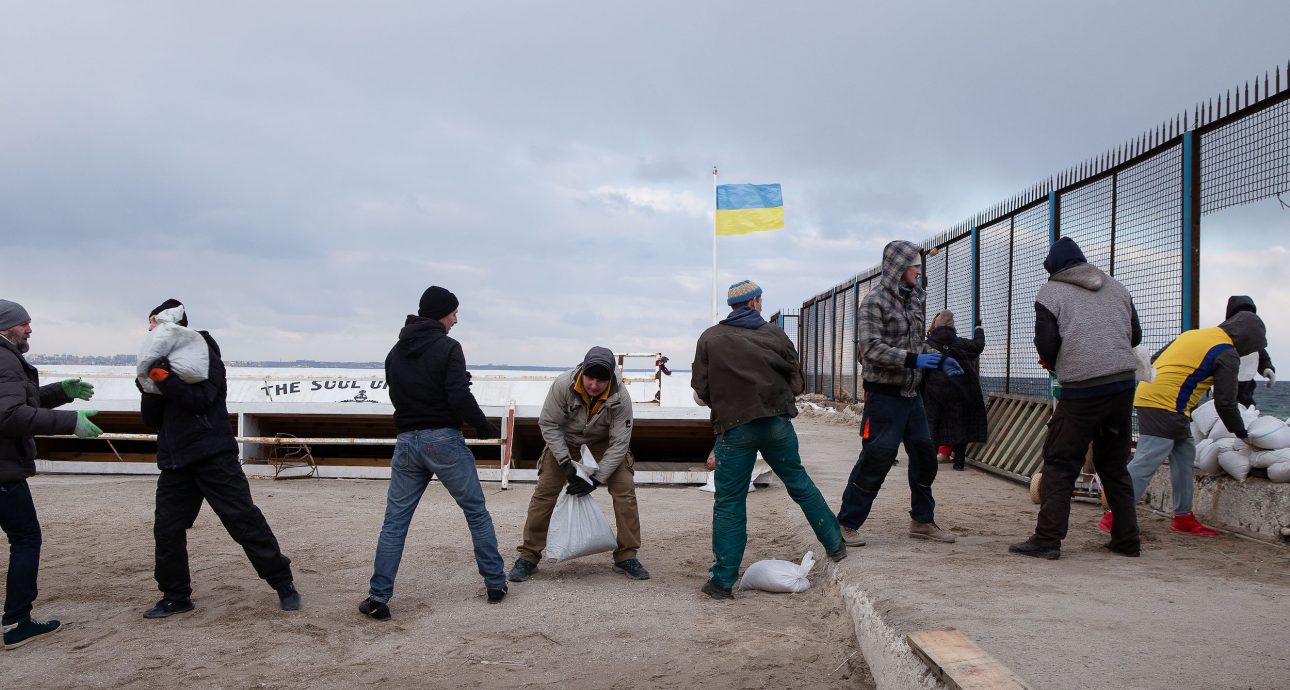
Storm Warning: What Wartime Life in Odesa Looks Like
Russian troops are shelling the outskirts of Odesa, and the potential landing operation has been a looming threat here since day one. With his story and pictures, Maksym Finohieiev, a photographer from Odesa, offers us a glimpse into the city’s current life, its preparations for Russia’s amphibious assault, and how the unsettling news and fears that Odesa will suffer the same fate as Mariupol have changed locals for the better.

A photographer living and working in Odesa.
— Sometimes, it seems that nothing has changed in Odesa. The city lives on and works as usual, with morning traffic jams even returning to some streets. However, this feeling is fleeting. There are many things to remind the onlooker about the ongoing war: barricades, checkpoints, air raid alarms, and such. It is especially evident on the weekends, when people and cars disappear from the streets.
I’ve recently found myself near the Unknown Sailor Memorial, where World War II poetry is played from the speakers. A powerful voice solemnly recited pieces about how important it was to remember the victims of war, a message strangely resonating with what happens now. I see how we perform the feats every day, which World War II veterans told us about at school. We are living through an inflexion point in history—not only in Ukraine but globally, too. I admire us, Ukrainian people, more and more with each passing day.
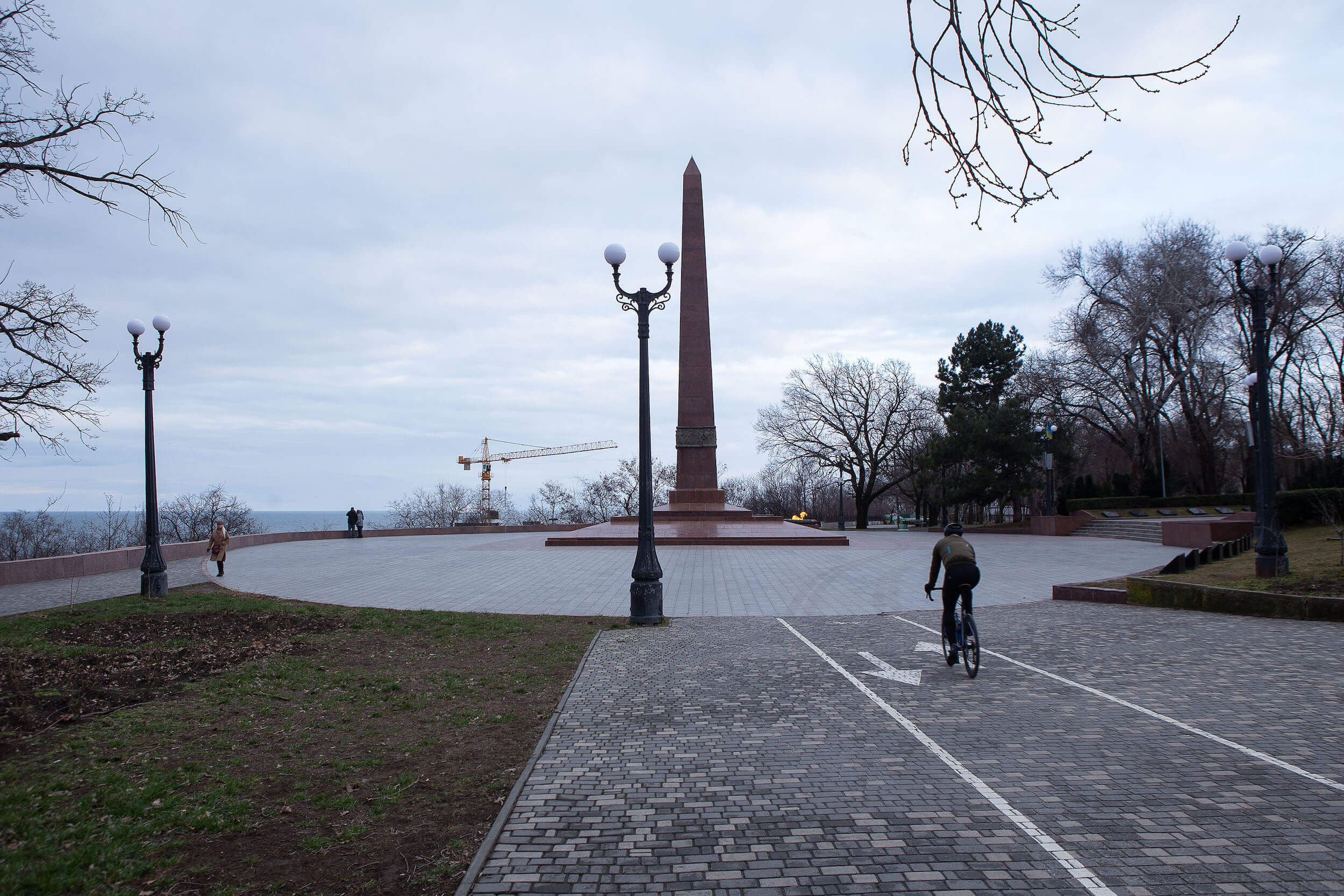
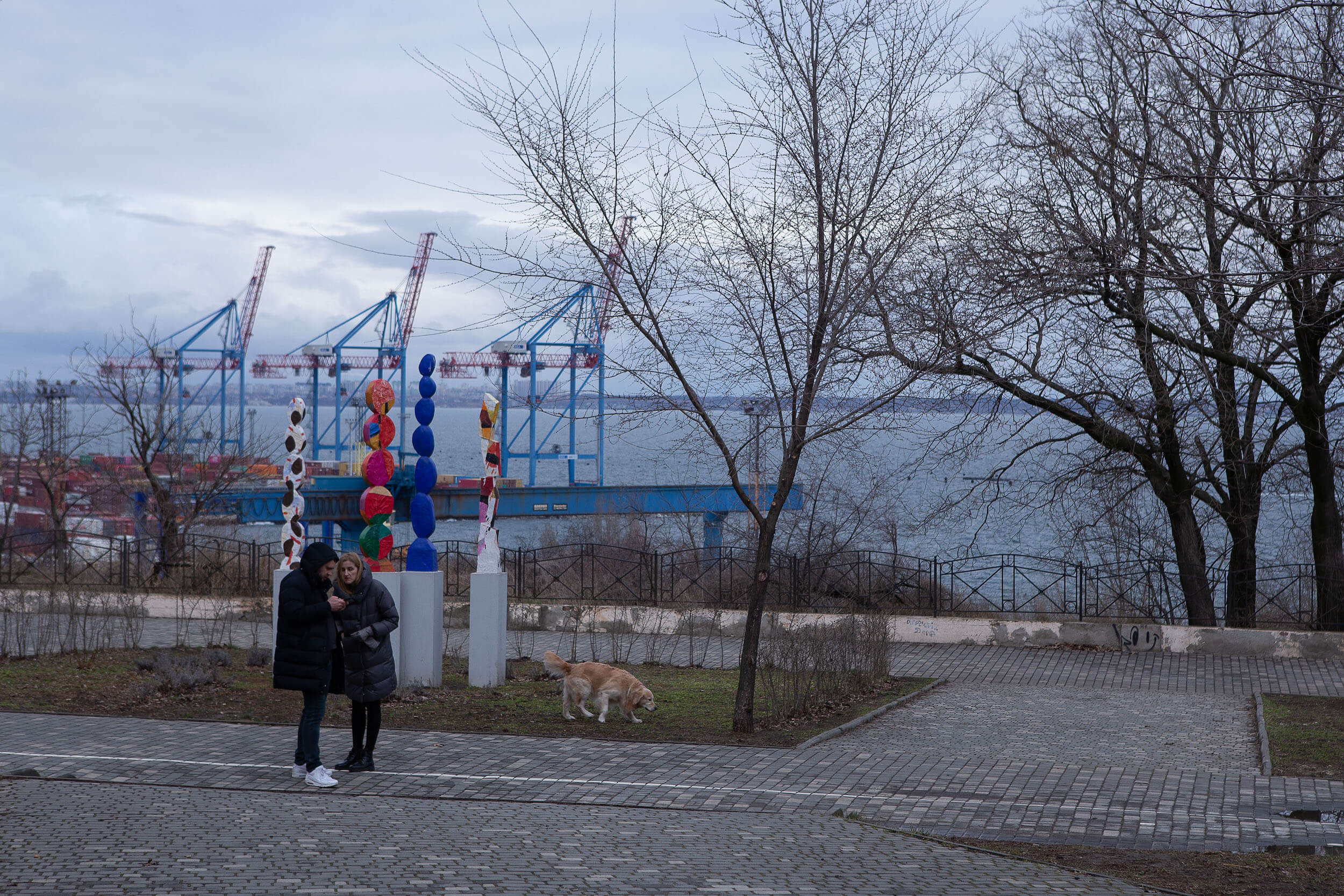
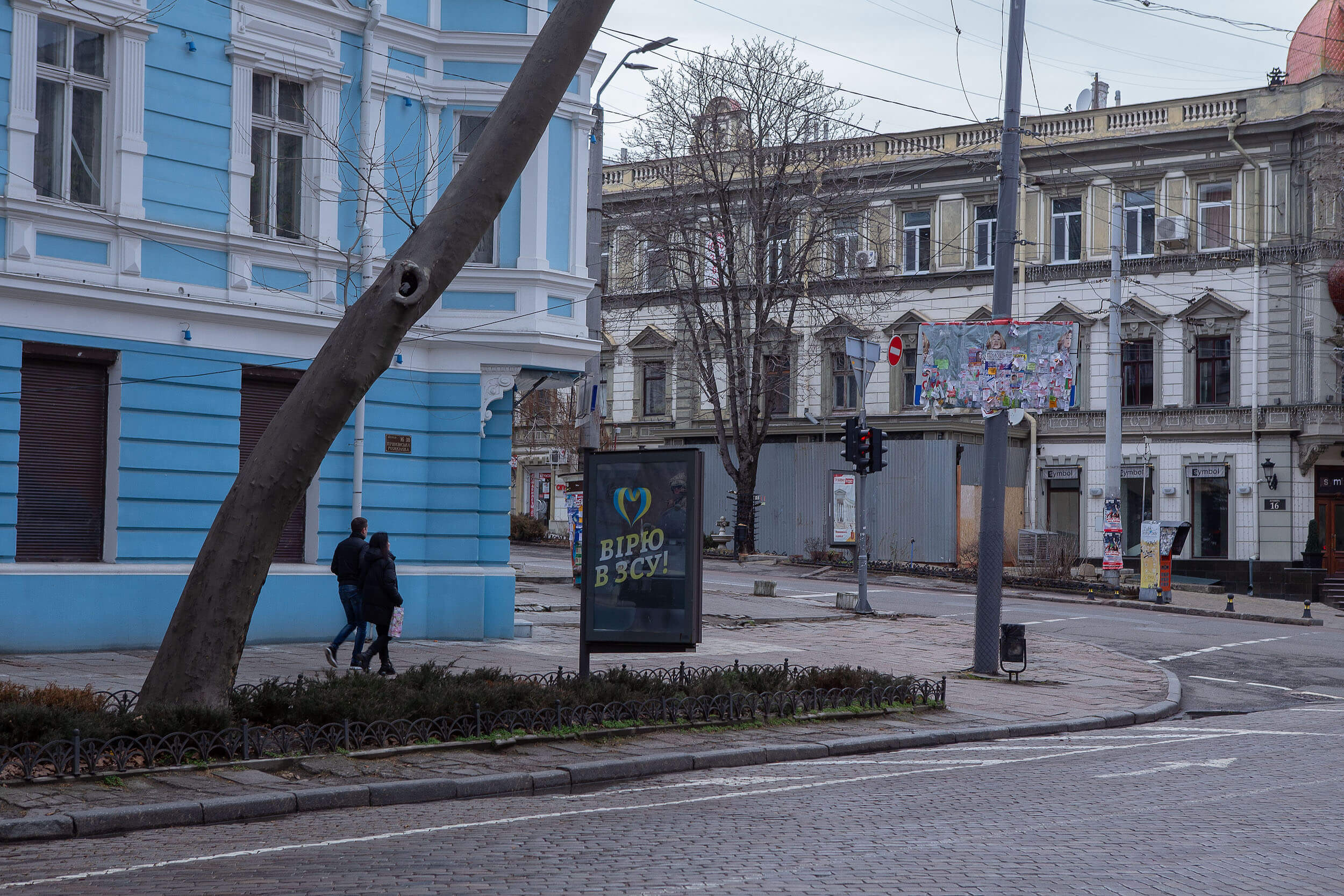
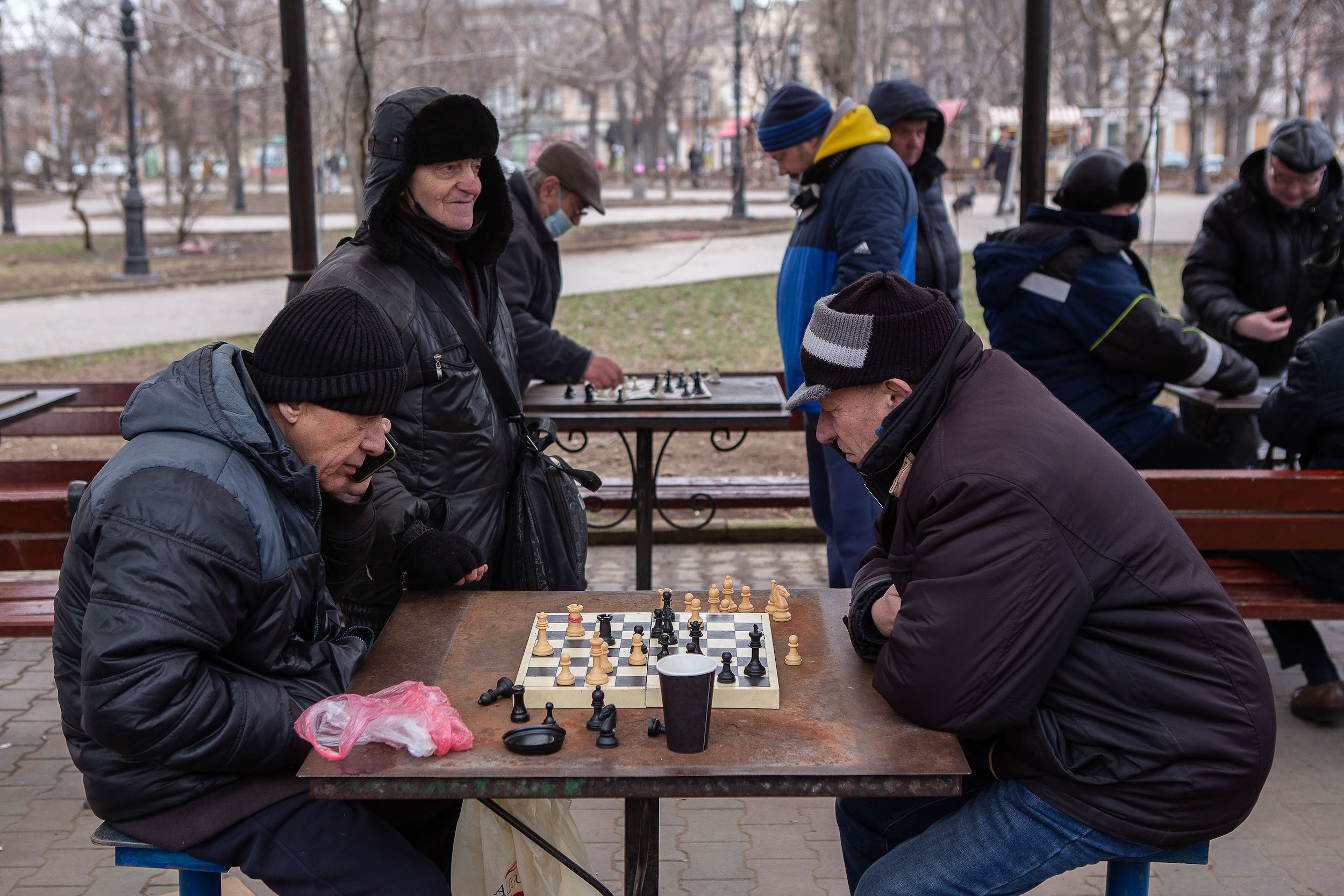
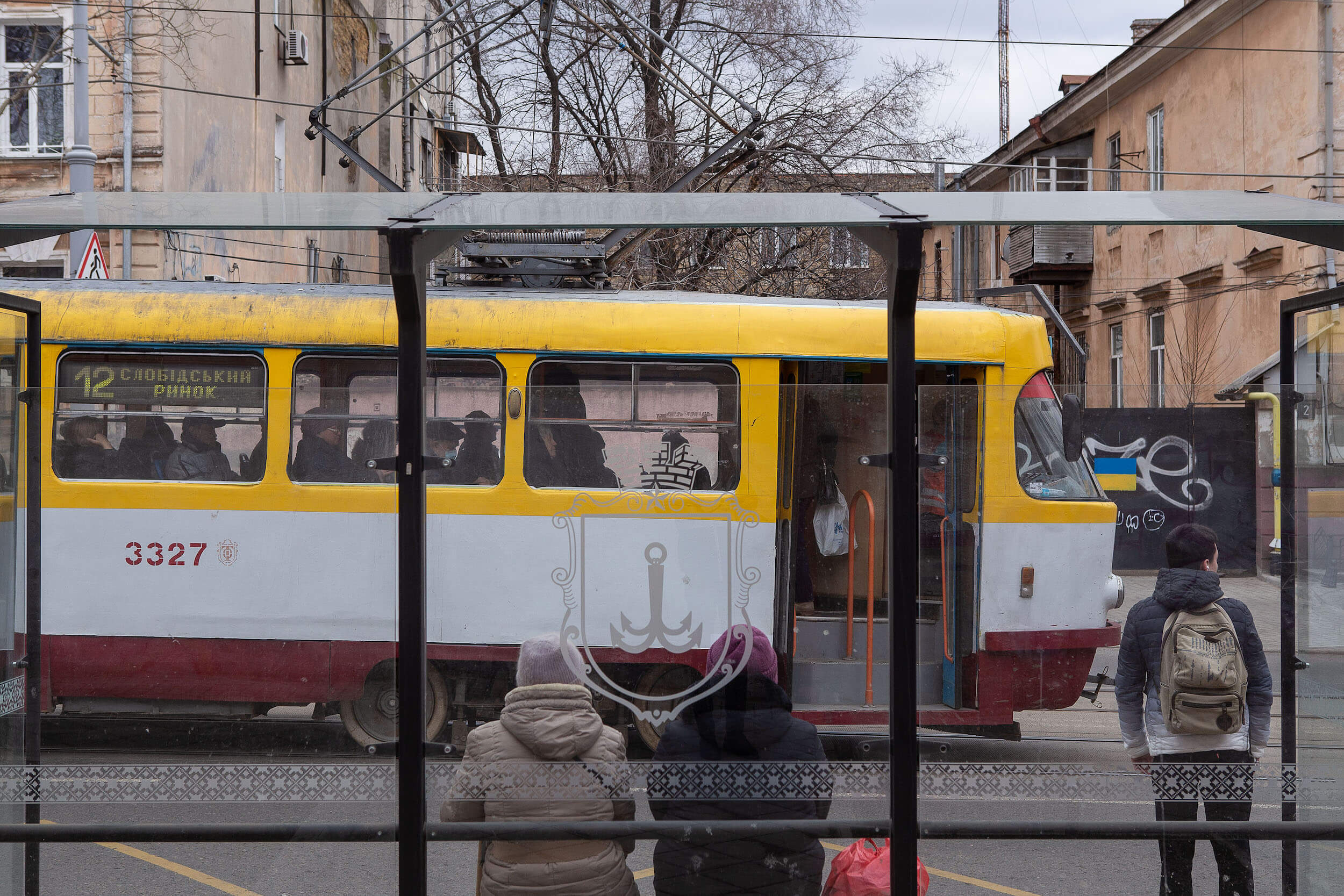
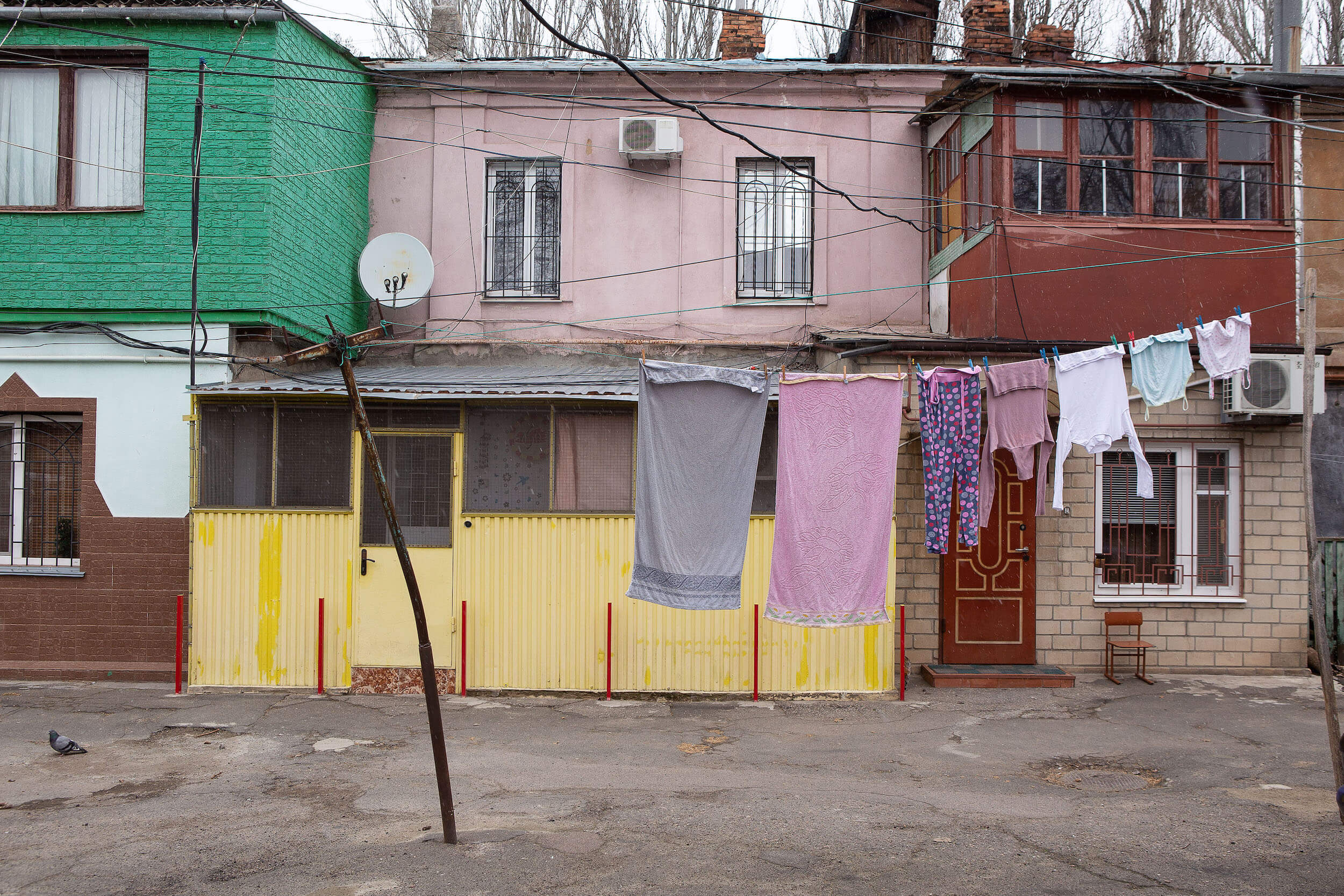
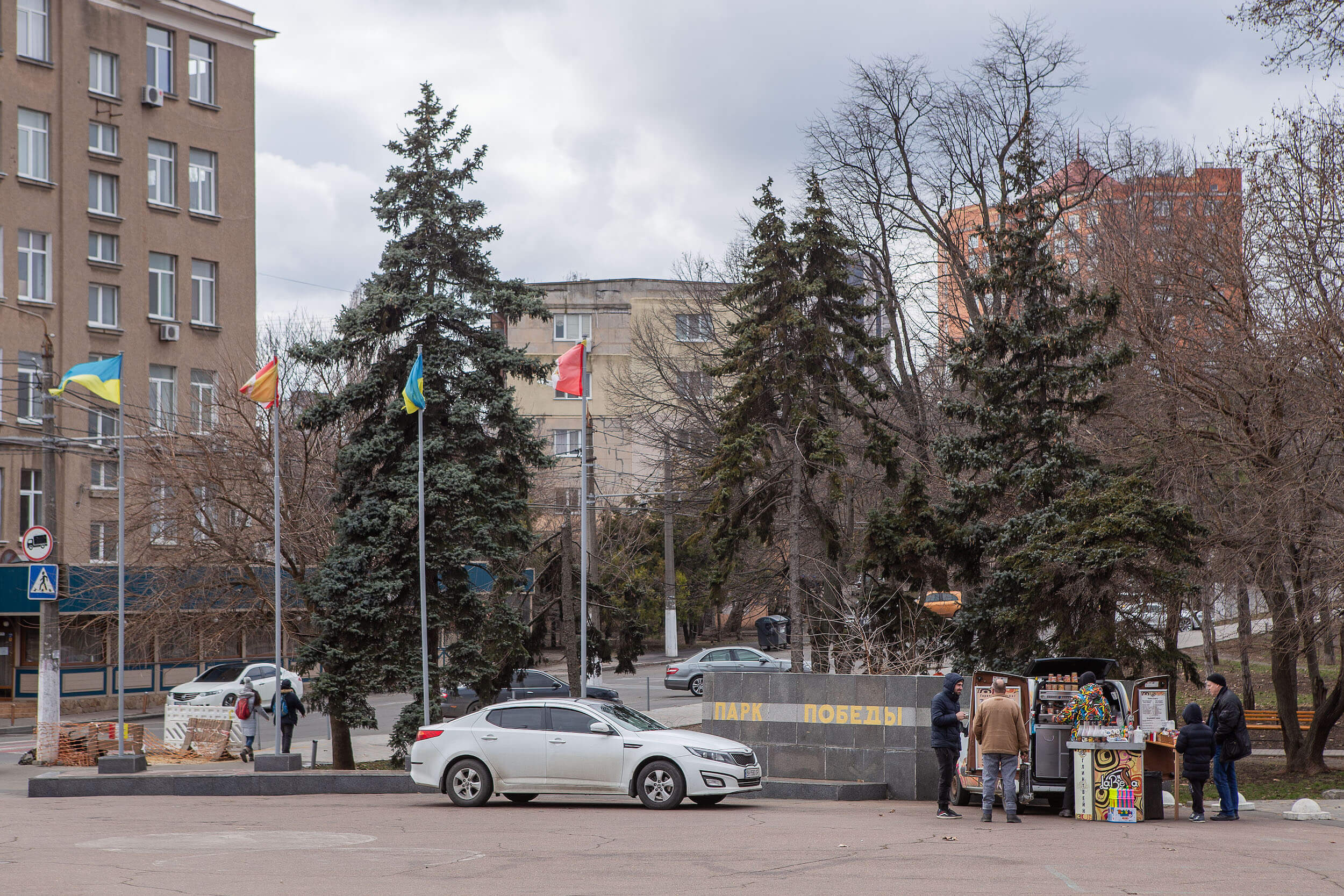
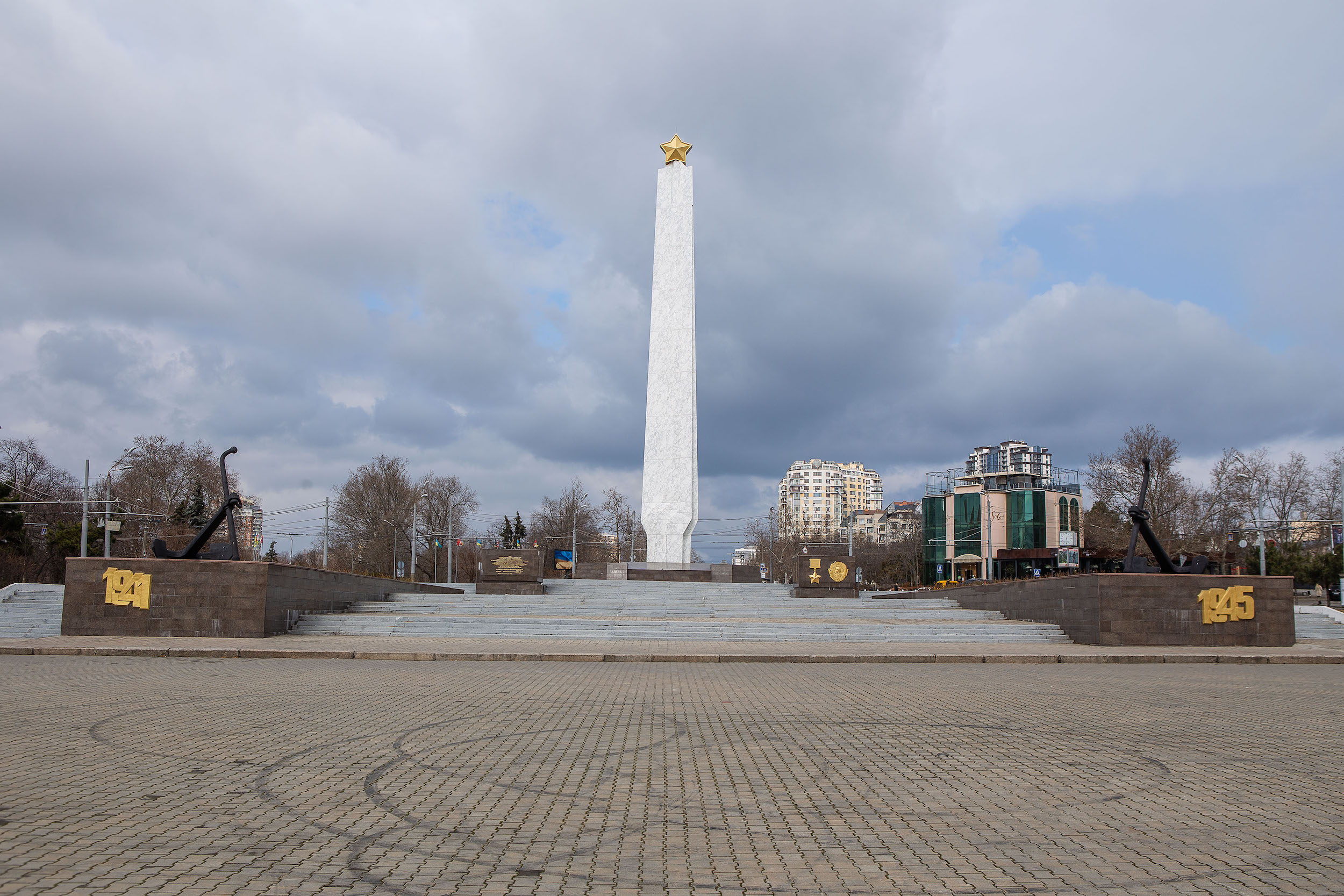
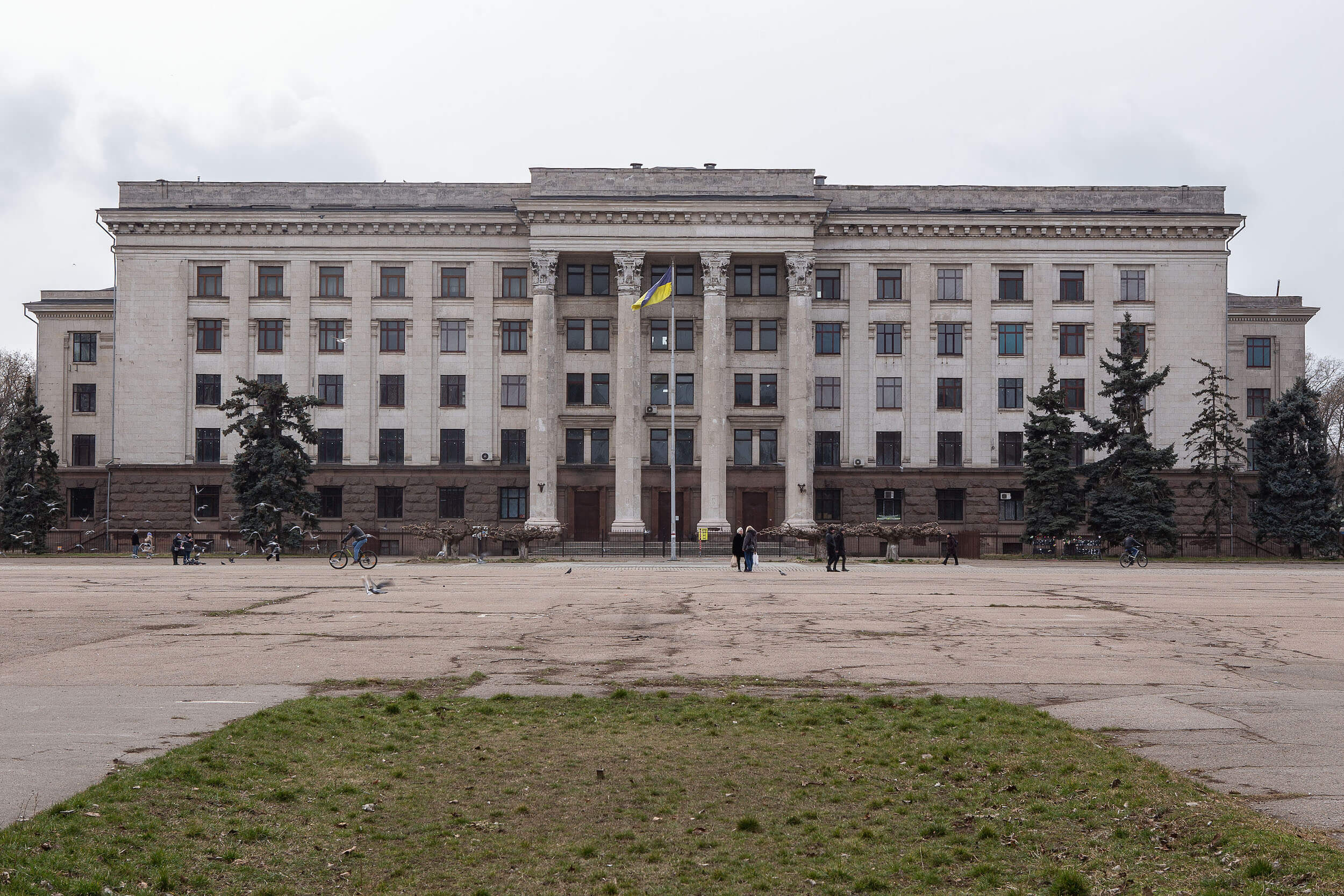
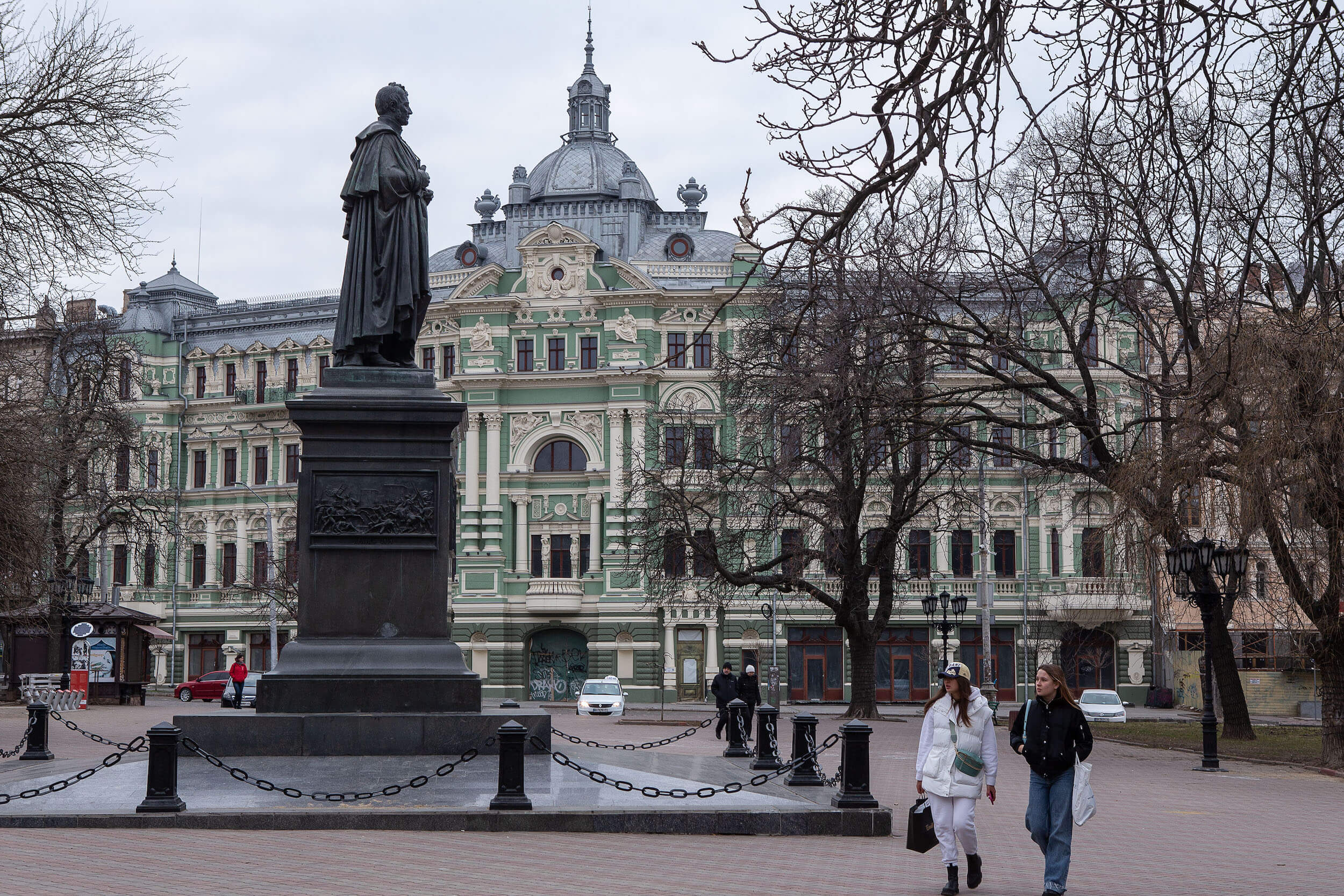
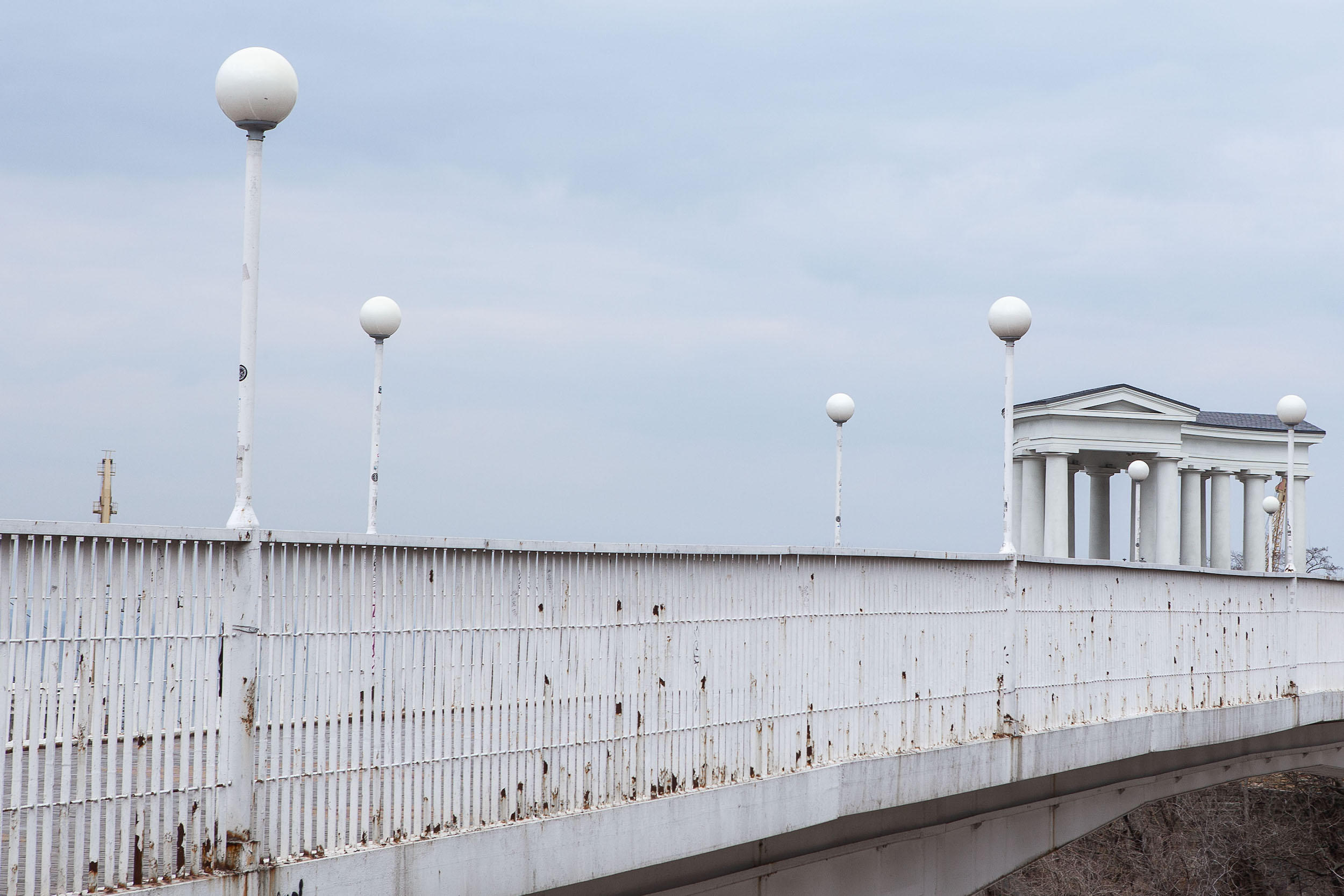
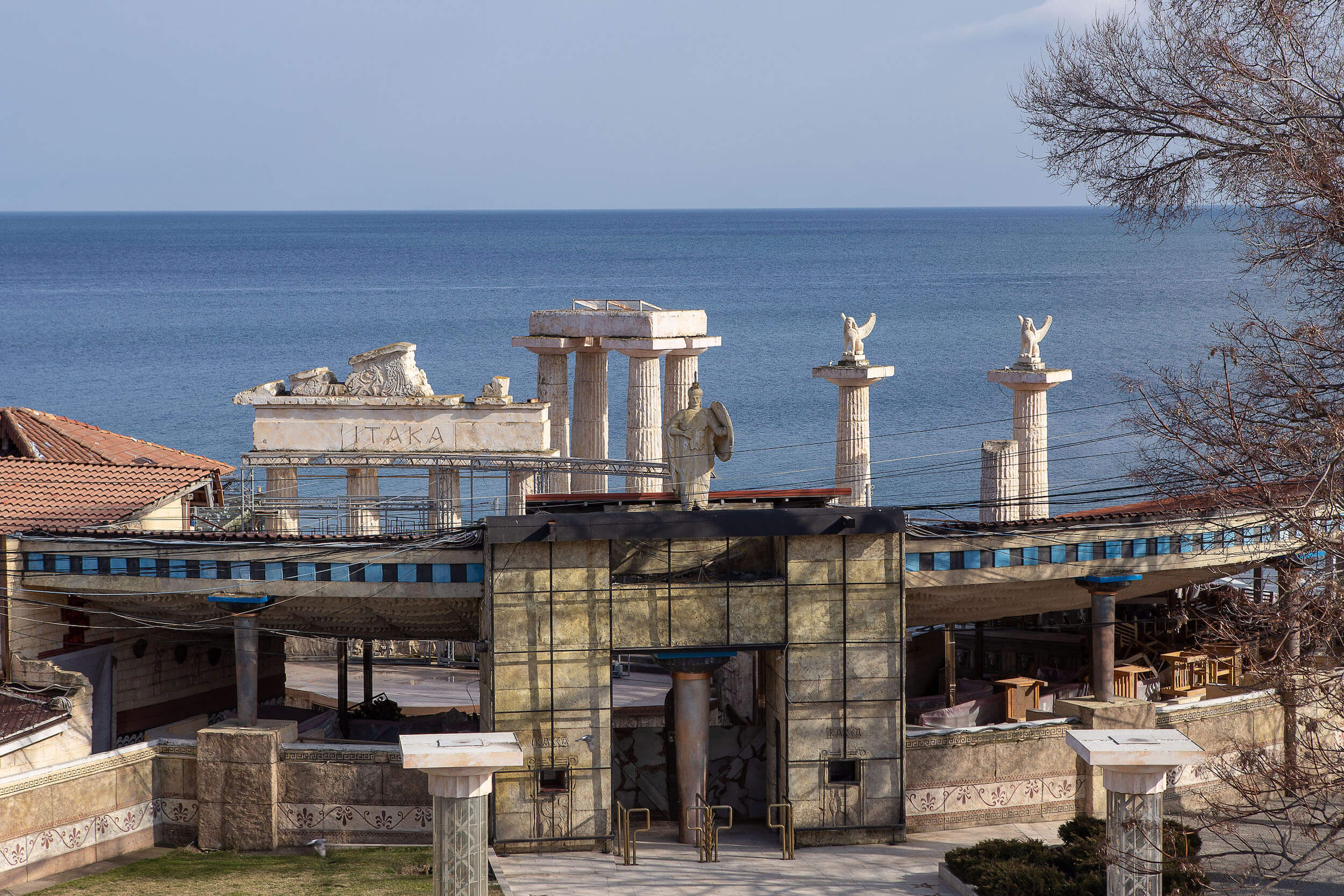
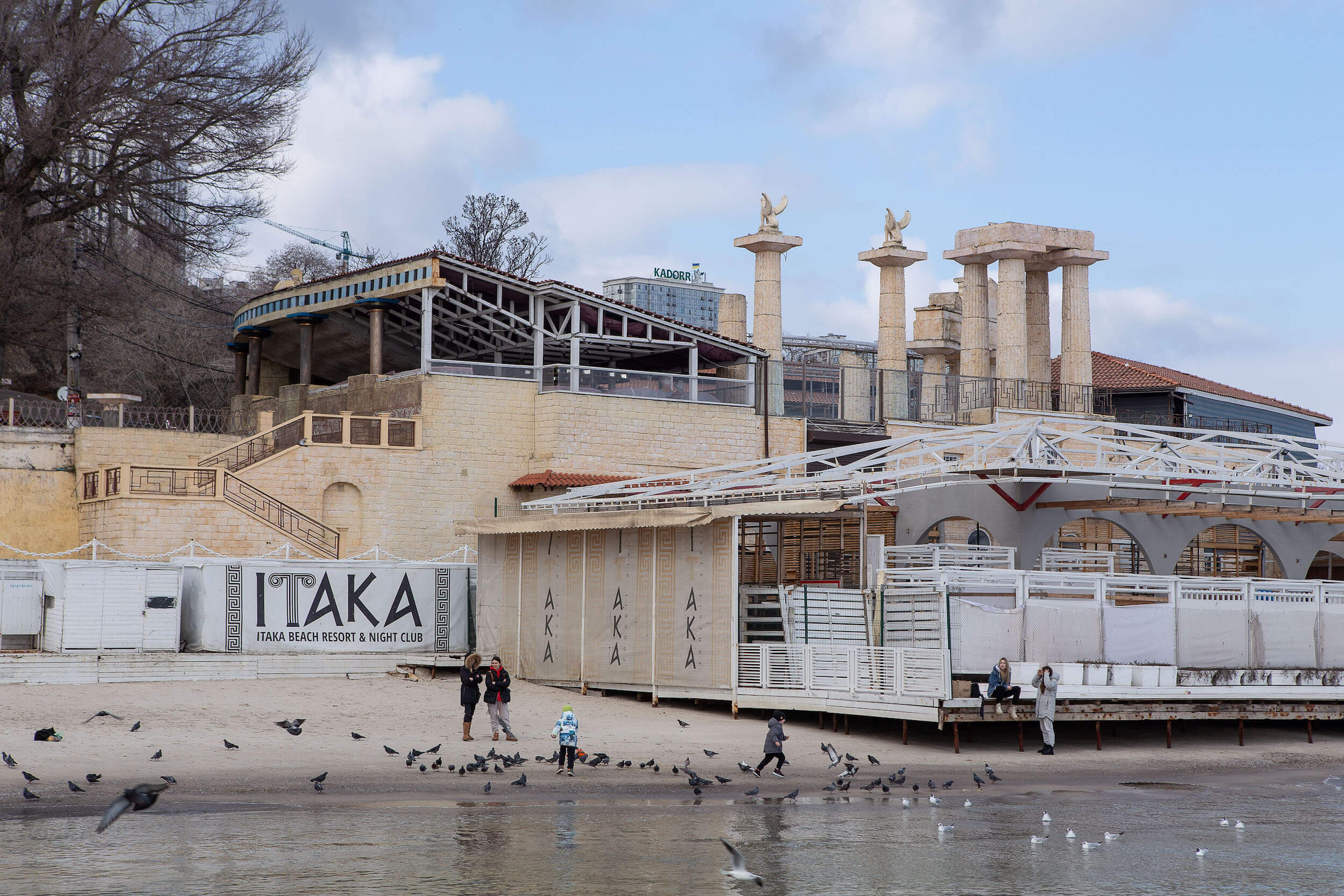
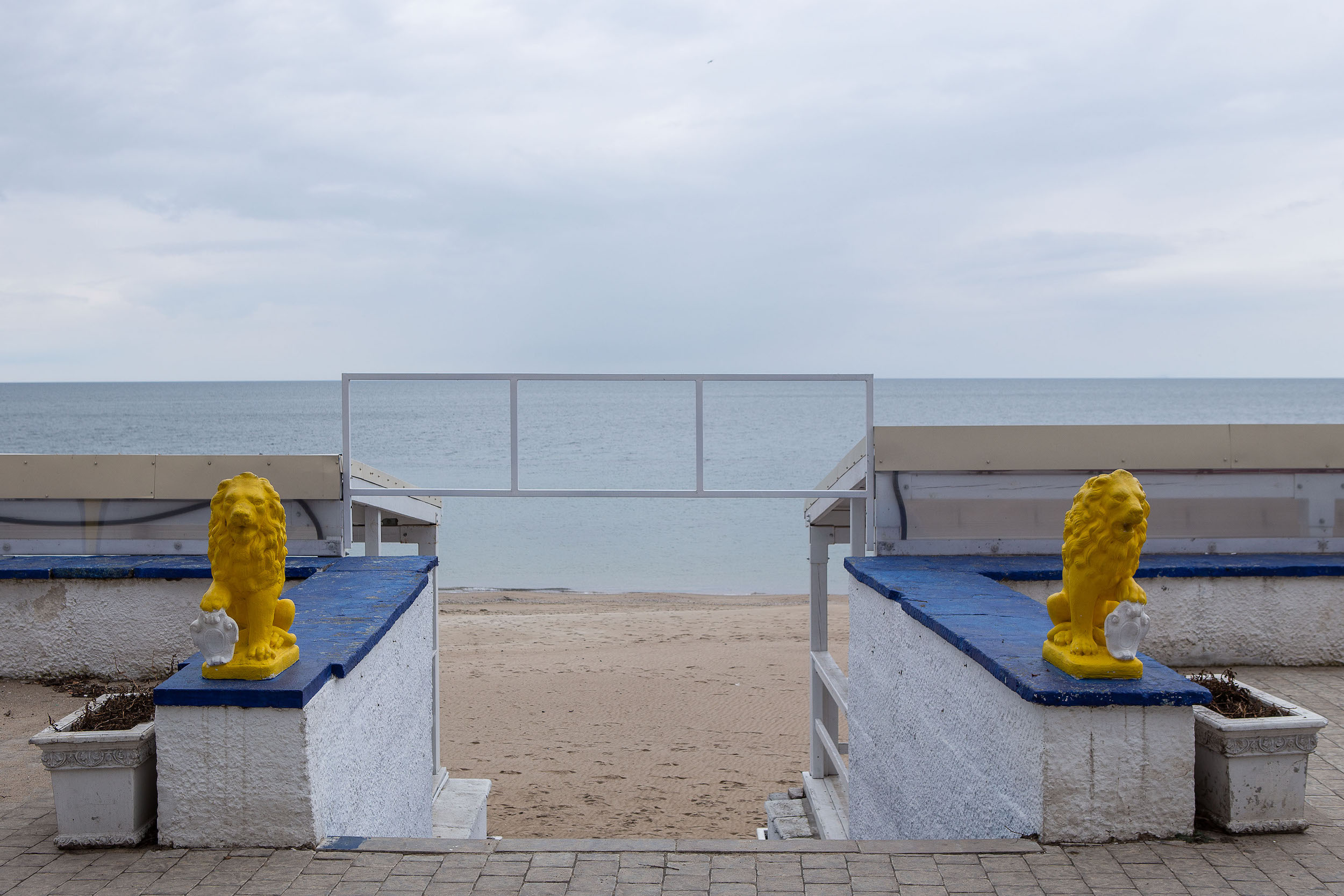
Odesa is full of foreign photographers now. Service members prohibit them from taking pictures of everything that has to do with the military and defence infrastructure. There are no restrictions when it comes to taking photos of soldiers, but they are against it most of the time. So, mostly it is regular people who end up in the pictures.
I’ve never seen such an upsurge in my city’s volunteer movement. There are so many people who want to help that their groups have started specializing: some focus on healthcare, others help source sand and bags for barricades, and still others make camouflage netting. Their work is not that evident in the city, as the activities are mostly confined to Telegram channels. The volunteers came together in mere days—nobody had to explain or teach others anything.
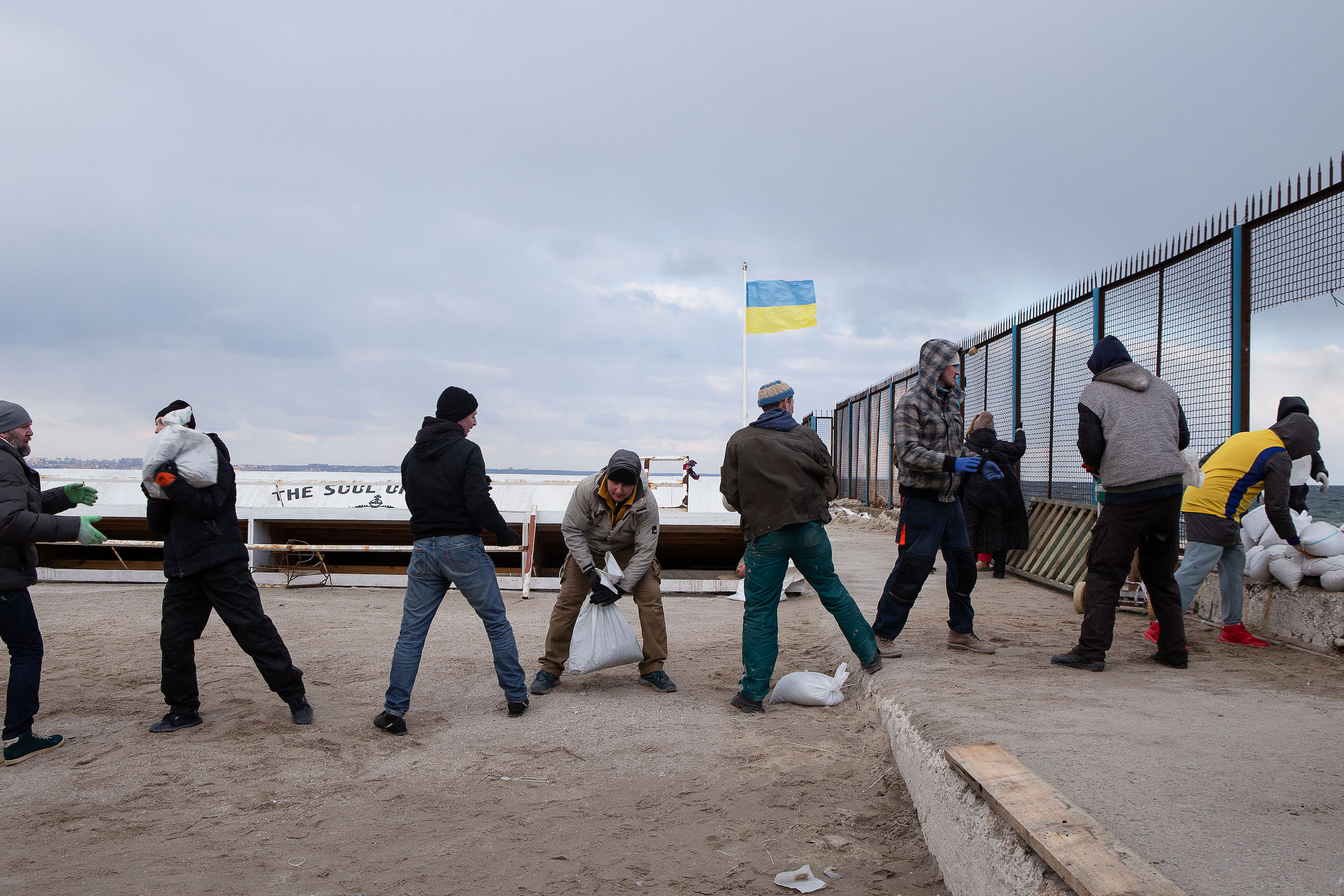
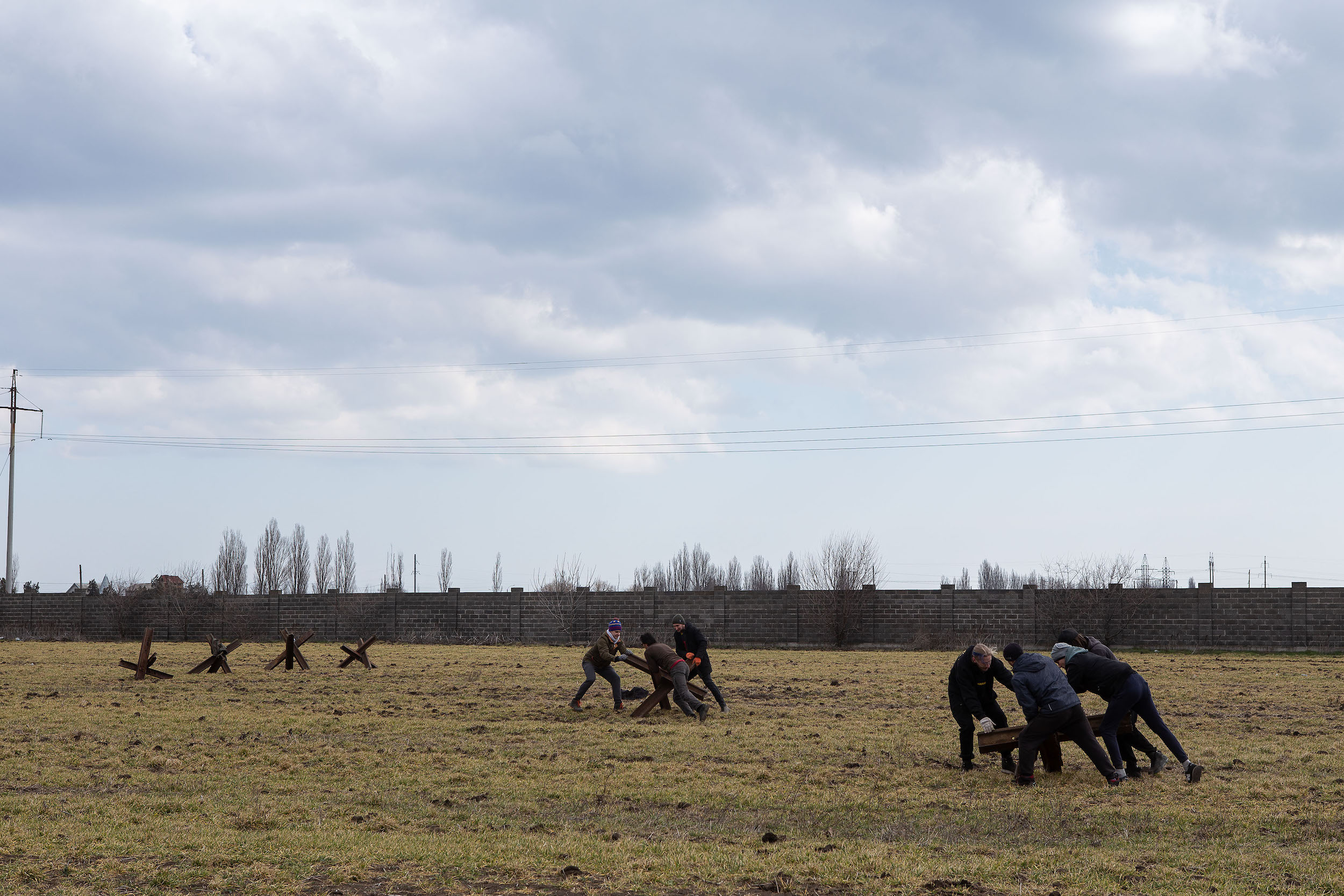
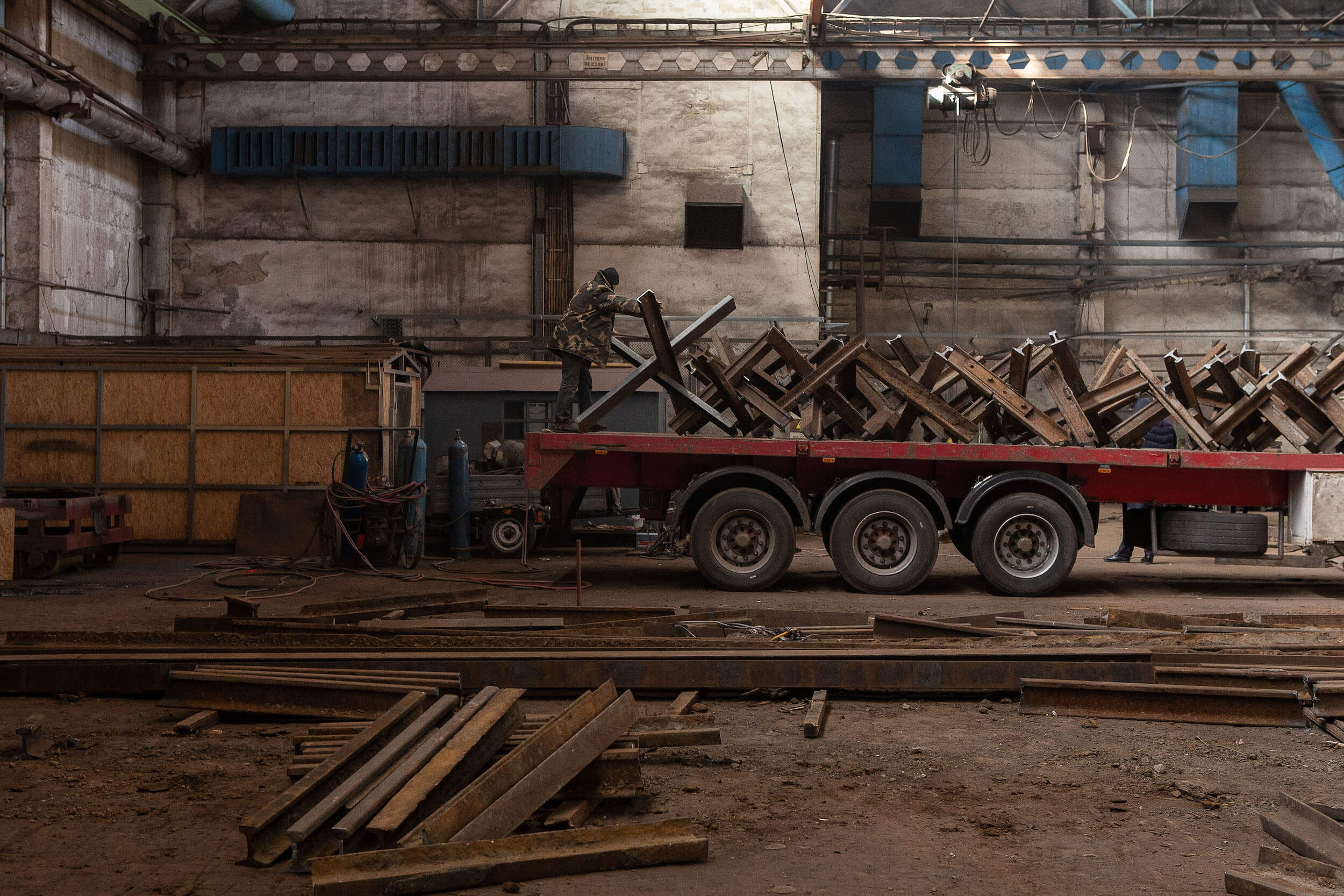
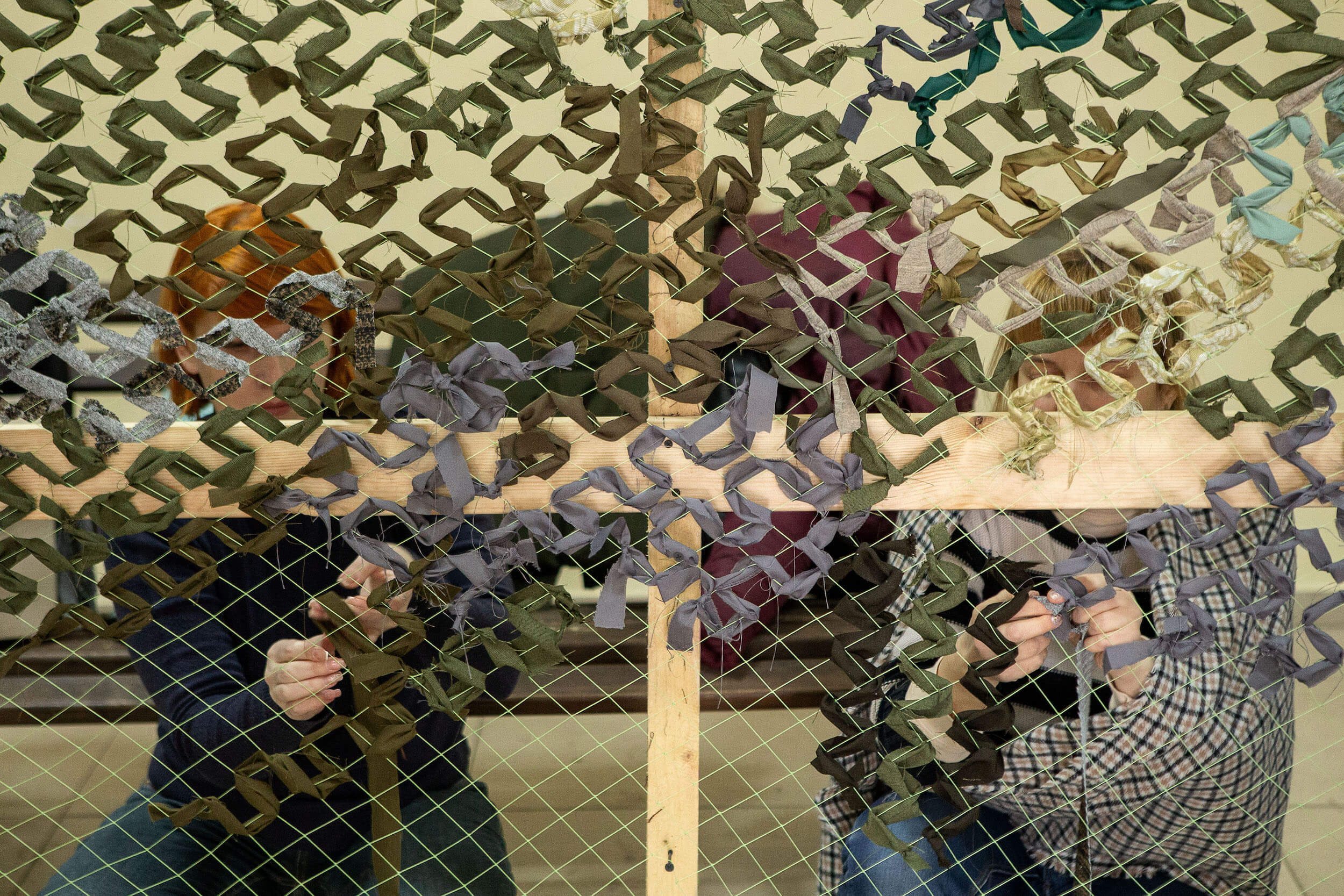

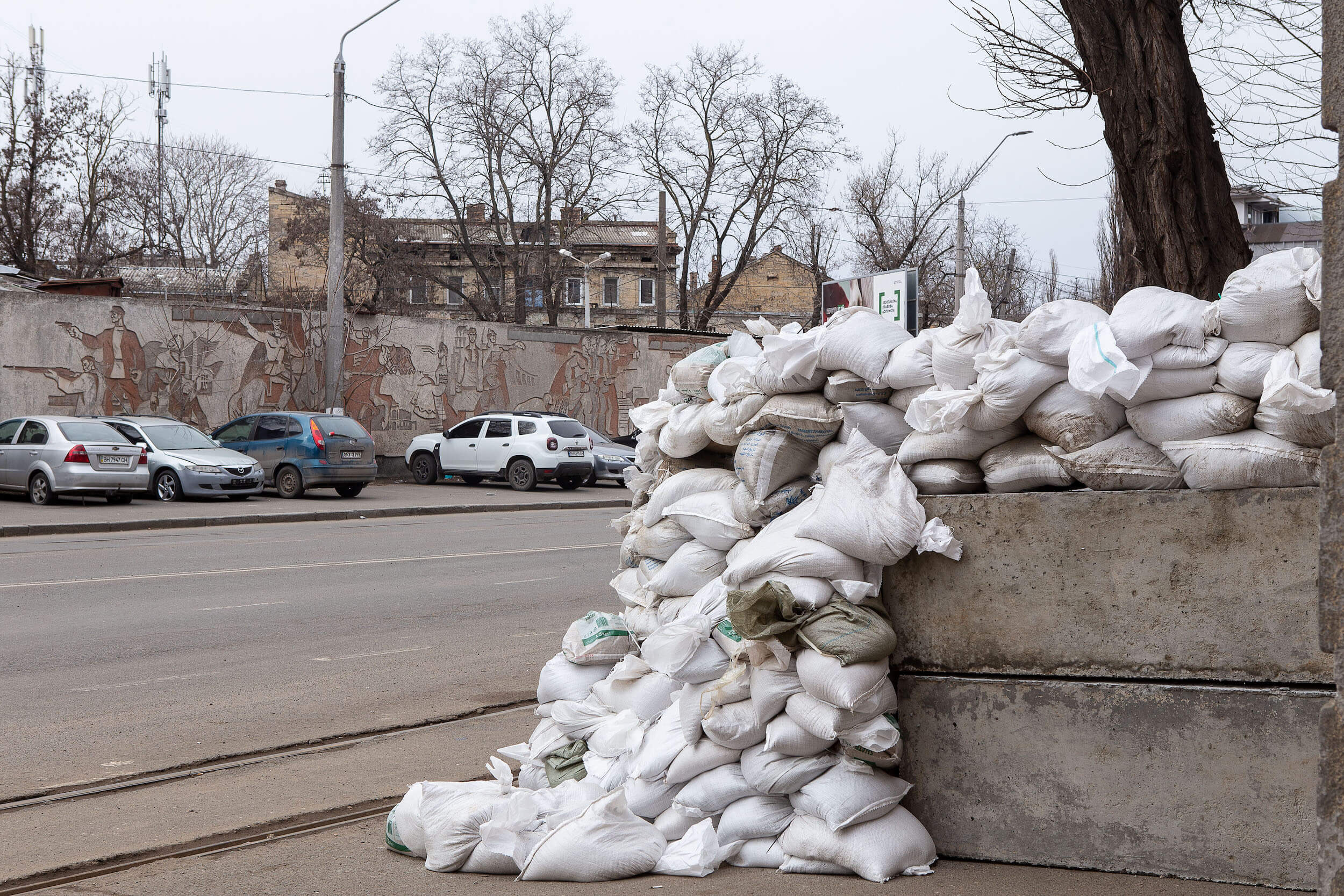
I’m worried that Odesa may end up like Mariupol. The city can be easily cut off from the rest of the country. Also, the information about a potential Russian landing operation in Odesa keeps resurfacing. I want to believe that they will not succeed. From what I’ve seen, the city is well-defended.
I fixed my suitcase and packed the things, but couldn’t make myself leave Odesa. Suppose I go, I thought, what’s next? I’ve promised myself to evacuate as soon as I feel that the time is right. However, I get increasingly less sensitive to what happens by the day: I was scared at first, and now the fear is mostly gone. Every day I realize that I’m not going anywhere from here.
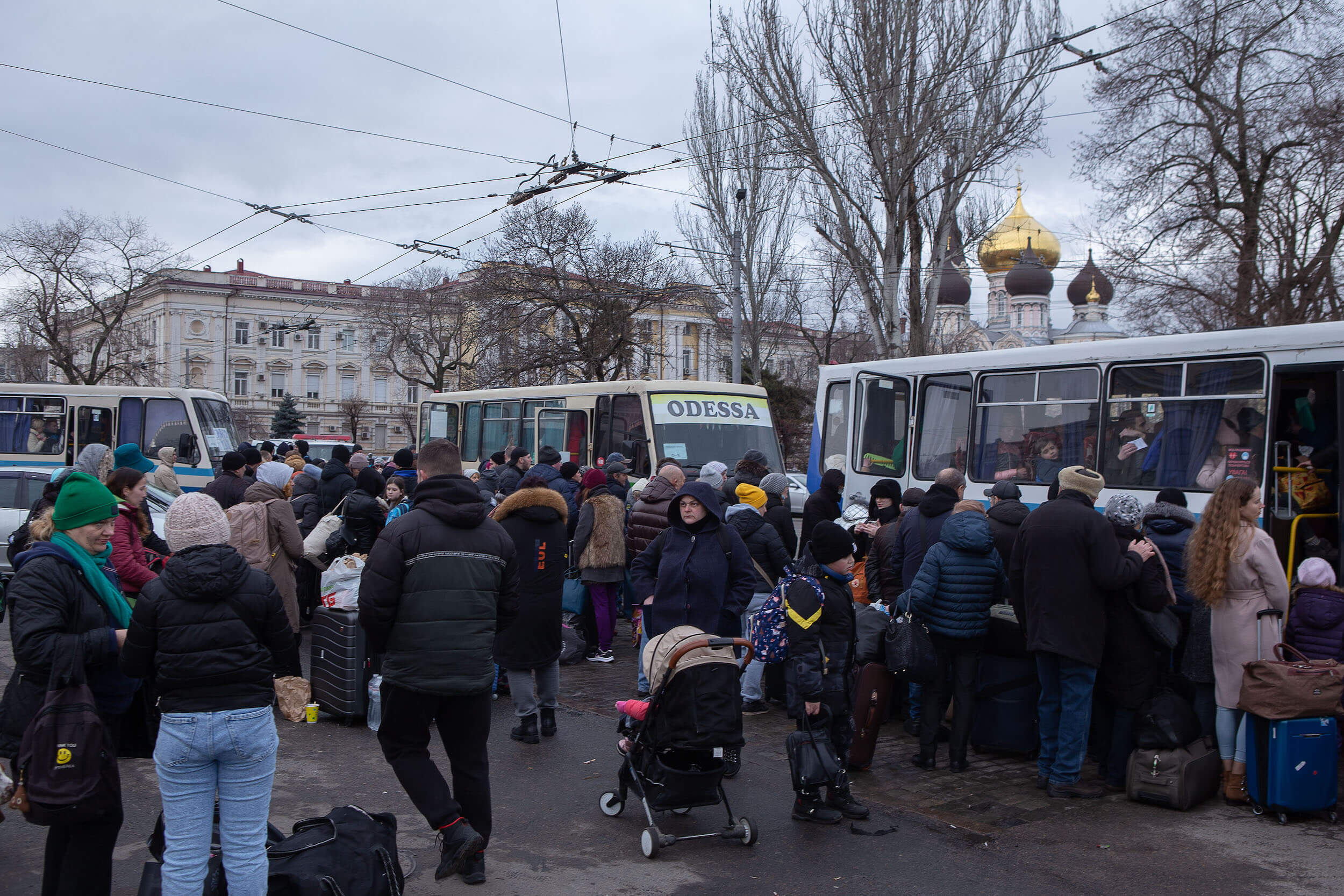
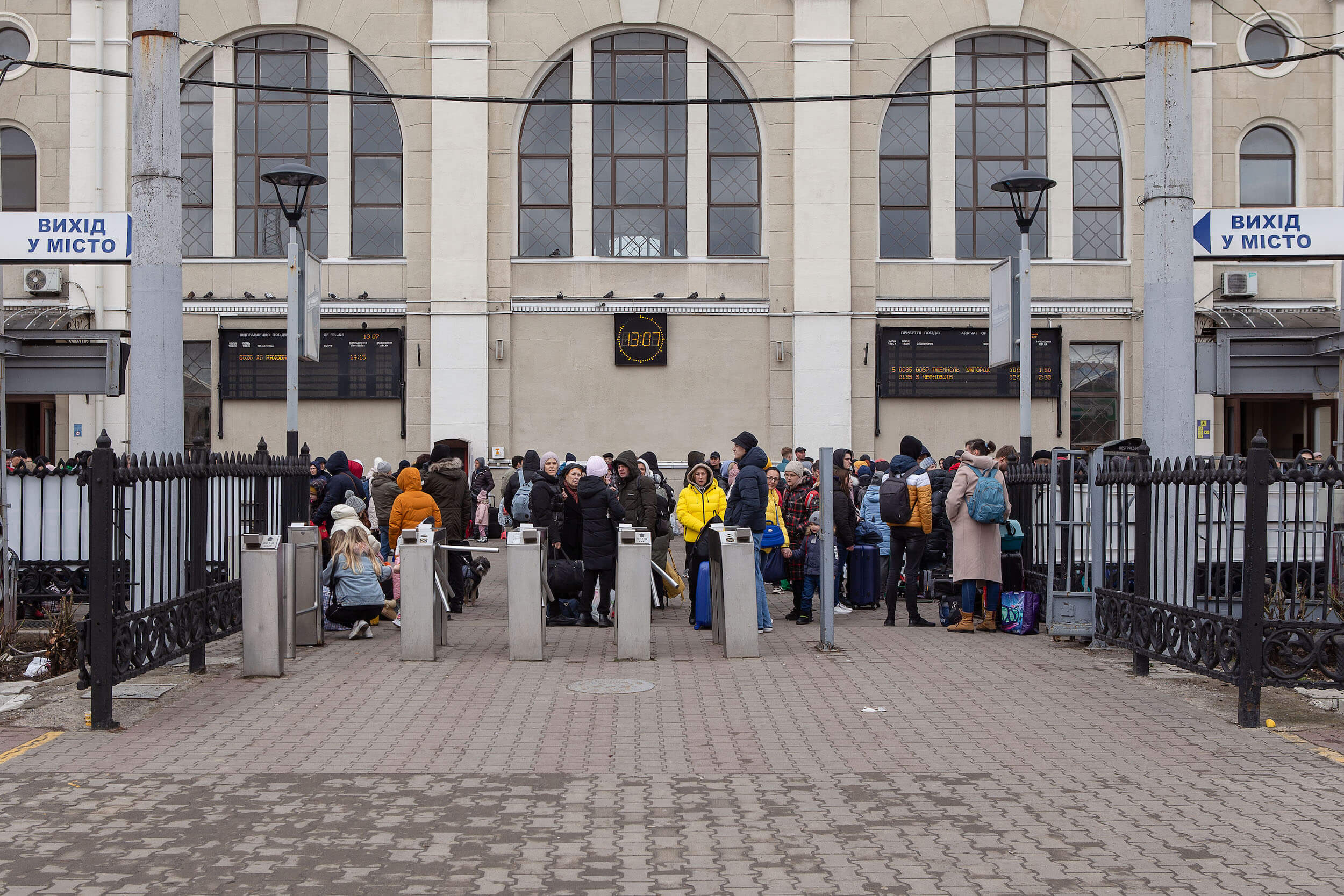
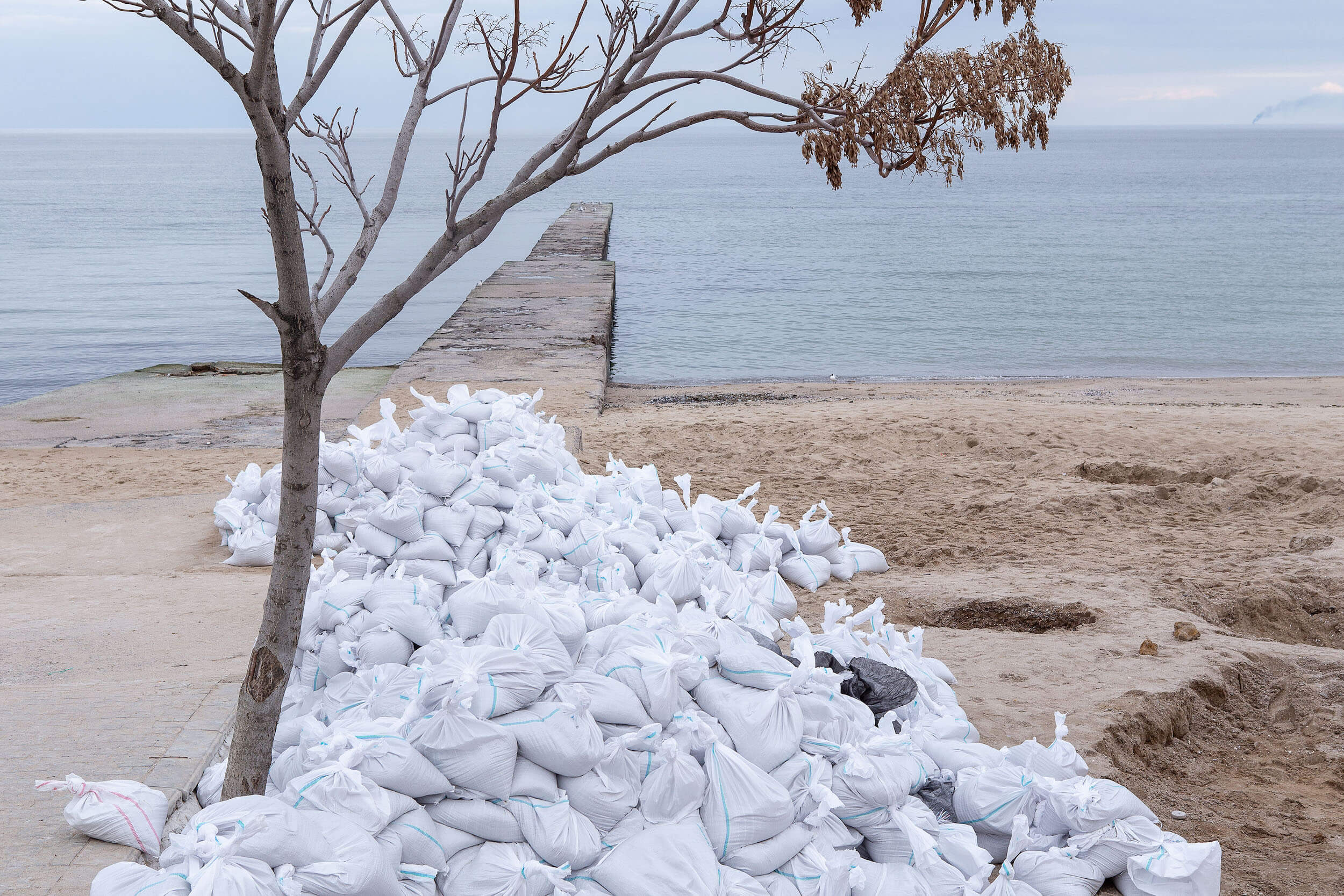
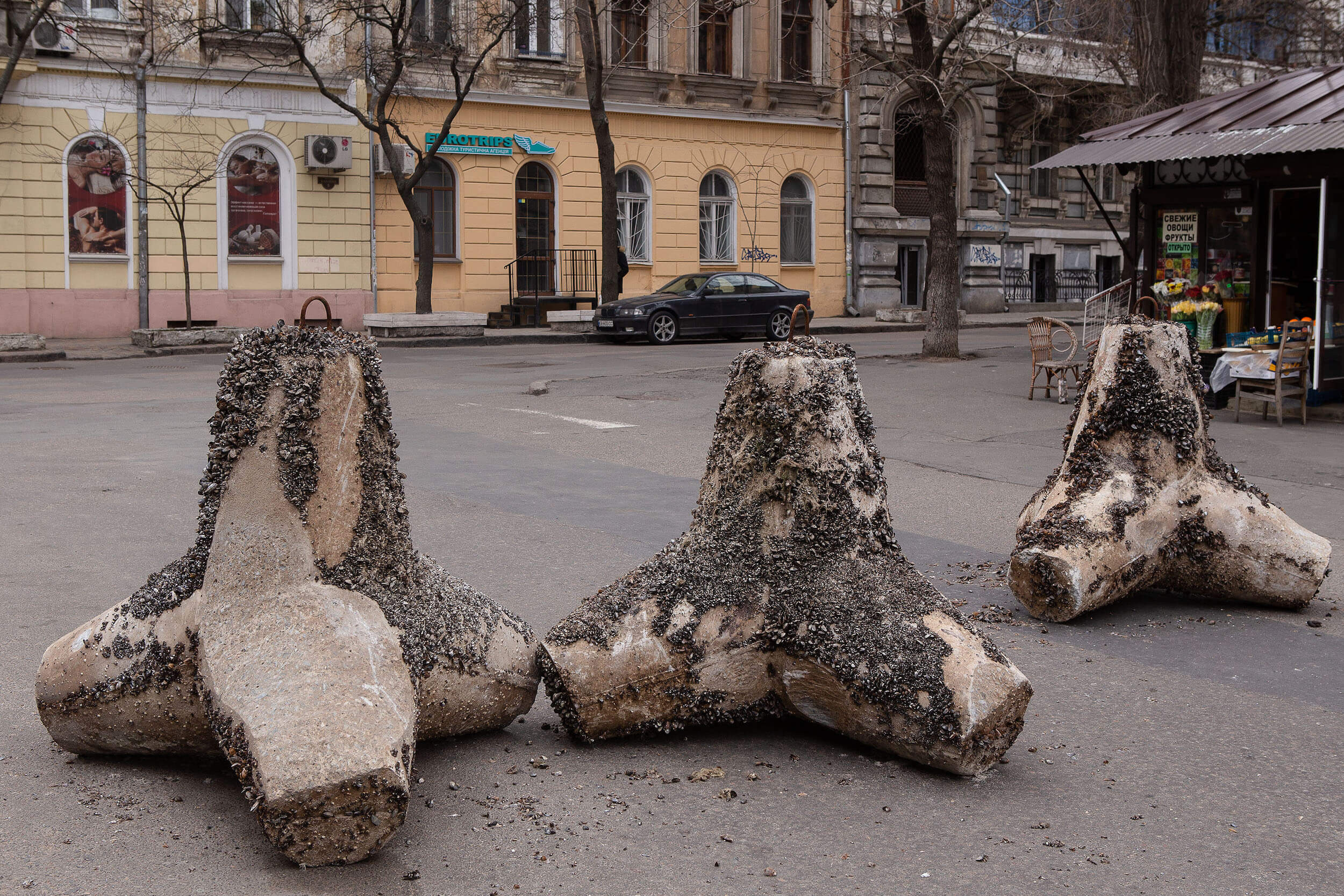
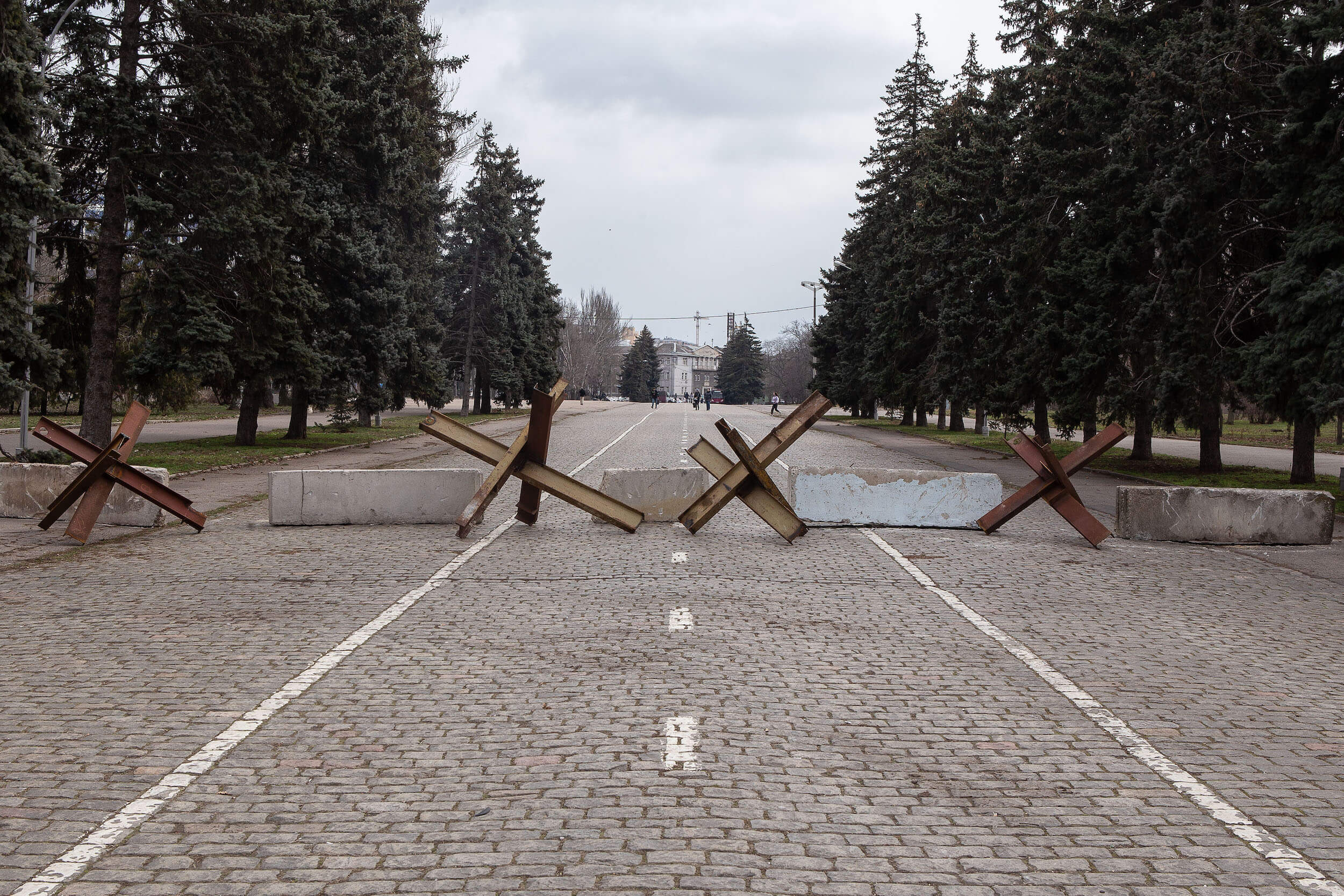

New and best
